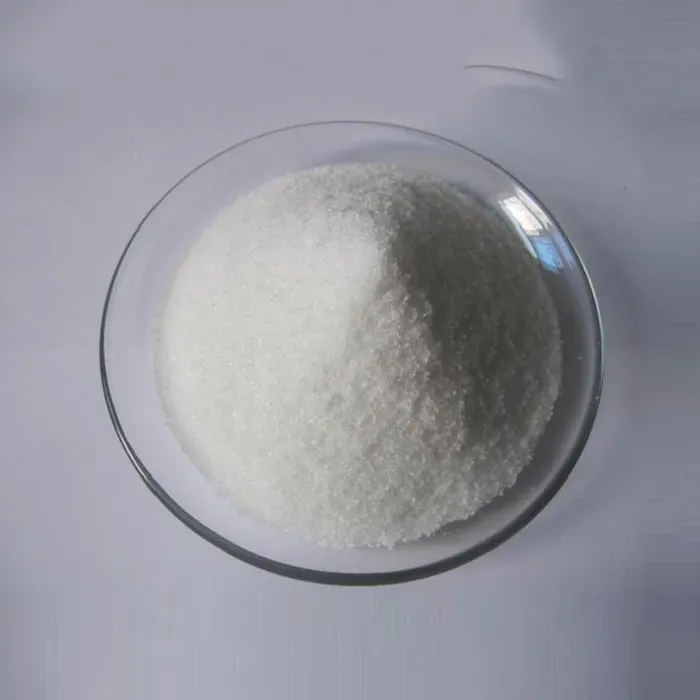Coenzyme PQQ An Overview of its Function and Benefits
Coenzyme PQQ, or Pyrroloquinoline quinone, is a redox cofactor that has gained significant attention over the past few decades for its essential role in various biological processes. First discovered in 1979, this unique molecule acts as a coenzyme for certain enzymes and plays a vital role in cellular metabolism, energy production, and antioxidant defense.
The Structure and Mechanism of PQQ
PQQ is a small quinone molecule that features a pyrroloquinoline ring structure. Its unique arrangement allows it to participate in electron transfer reactions, functioning effectively as a cofactor. These properties enable PQQ to facilitate critical enzymatic reactions, particularly in the context of energy production within cells.
PQQ is known to interact with a specific class of enzymes called PQQ-dependent dehydrogenases. These enzymes are crucial for the metabolism of various substrates, including carbohydrates and amino acids. By participating in the catalytic cycles of these enzymes, PQQ assists in transferring electrons, thereby enhancing the energy available for cellular functions.
The Role of PQQ in Human Health
Research has suggested that PQQ possesses various health benefits, reinforcing its importance in human nutrition. One of its most notable effects is its ability to support mitochondrial function. Mitochondria are the powerhouse of the cell, responsible for producing ATP, the primary energy currency in biological systems. PQQ promotes the growth of new mitochondria, a process known as mitochondrial biogenesis, which is indispensable for maintaining optimal cellular function and energy levels.
Moreover, PQQ has potent antioxidant properties. It is capable of scavenging reactive oxygen species (ROS), protecting cells from oxidative stress. Excessive ROS can lead to cellular damage and has been linked to various chronic diseases, including neurodegenerative disorders like Alzheimer's and Parkinson's disease. By mitigating oxidative stress, PQQ may have a protective effect on neuronal health and longevity.
coenzyme pqq

PQQ and Cognitive Function
Emerging research also highlights the potential of PQQ in enhancing cognitive functions. Studies have indicated that PQQ supplementation could improve memory and cognitive performance, possibly by stimulating nerve growth factor (NGF) synthesis, which is essential for the growth, maintenance, and survival of neurons. This cognitive enhancing effect makes PQQ a subject of interest in the context of age-related cognitive decline and other neurological conditions.
Additionally, PQQ has been suggested to be involved in promoting better sleep quality. Some studies indicated that PQQ supplementation could improve sleep patterns and reduce feelings of fatigue. This translates to better focus and mental clarity during waking hours, further emphasizing the coenzyme’s potential as a cognitive enhancer.
Sources of PQQ
While the body can synthesize PQQ, it is also essential to obtain it from dietary sources. PQQ is found in a variety of foods, including fermented soy products, green peppers, kiwi, spinach, and certain types of tea. Given its numerous health benefits, ensuring an adequate intake of PQQ through diet or supplementation may be critical, especially for individuals at risk of nutrient deficiencies.
Conclusion
Coenzyme PQQ is a small yet powerful molecule with a multitude of roles in cellular health and metabolism. From its function as a key player in mitochondrial energy production to its antioxidant properties and potential cognitive benefits, PQQ represents a valuable component in the realm of nutrition and health. As ongoing research continues to unveil the complexities surrounding PQQ, it may very well become a staple in the discussion of optimal health and longevity. For those looking to enhance their overall well-being, incorporating PQQ-rich foods into their diet or considering supplementation could offer promising benefits, supporting both physical and cognitive health.

